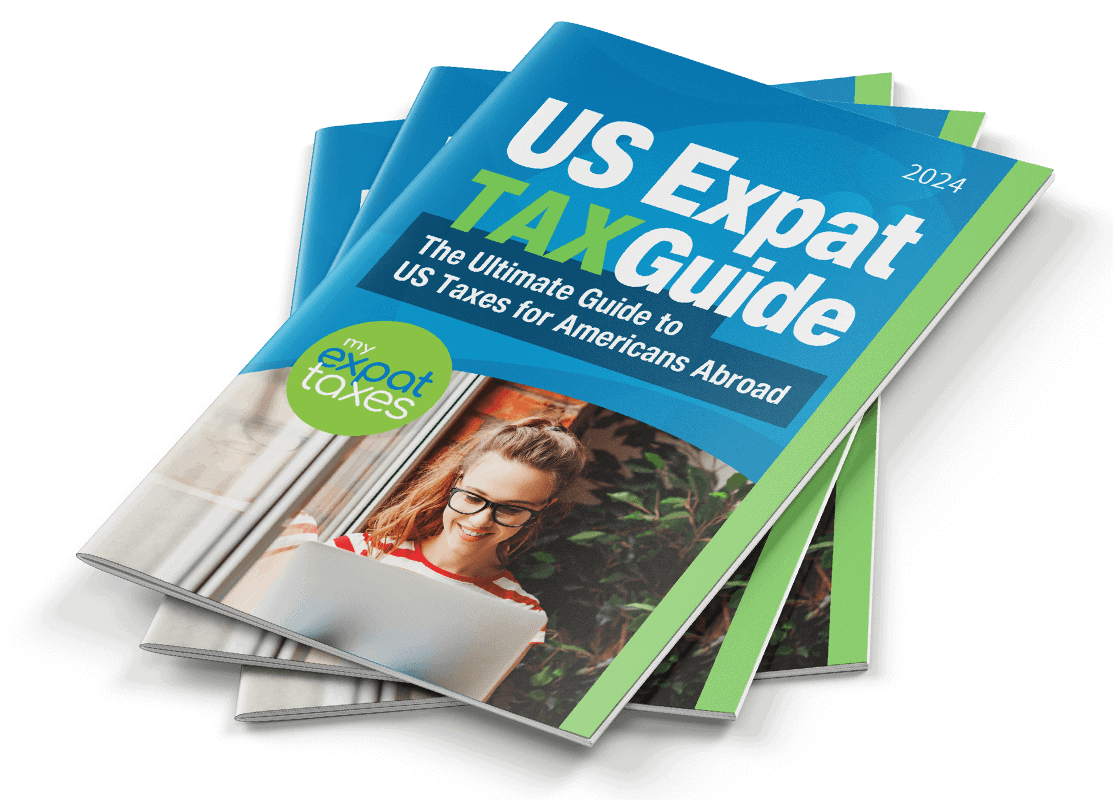FATCA and Foreign Bank Account Information for Expats
September 27, 2024 | ExpatTaxGuide | 3 minute read
Expat Tax Guide | Everything you need to know about filing taxes abroad in 2025
 Verified by IRS Enrolled Agents and CPAs
Verified by IRS Enrolled Agents and CPAs
Your Foreign Bank Account and FATCA in 2025
Every foreign bank account you open as an American abroad means you are connected to the FATCA law. This law allows the US Department of Treasury to access your bank account to ensure no illegal activity. Then if you have over $10,000 total from all of your foreign bank accounts at any one time during the year, you’ll need to fill out an FBAR.
Your Foreign Bank Account and FATCA
You are currently viewing a placeholder content from YouTube. To access the actual content, click the button below. Please note that doing so will share data with third-party providers.
More InformationFATCA stands for the Foreign Account Tax Compliance Act. This federal law requires foreign financial institutions, like banks, to report back the data of US account holders while also requiring US citizens to disclose this information themselves. It’s a means to prevent illegal money laundering abroad.
Every foreign bank that allows a US American to open an account must be able to comply with the FATCA laws. It is possible to face rejection by a foreign bank because you are a US citizen, and the bank does not want to deal with FATCA.
If the bank allows you, as an expat, access to a foreign bank account, you must fill out and sign lots of paperwork. Some papers give the US Department of Treasury access to peek into your bank account. It is a standard procedure we US expats must get remind familiar with.
Form 8938
Under FATCA, Form 8938 is a requirement if the total value of all your specified foreign financial assets in which you have an interest is more than the appropriate reporting threshold. The threshold starts at $200,000 for US taxpayers living abroad who file as single or separately from their spouse. The filing thresholds double if you are filing with your spouse.
According to the IRS, taxpayers living abroad must file Form 8938 if they file an income tax return and…
- Are married and filing a joint income tax return with the total value of specified foreign financial assets being more than $400,000 on the last day of the tax year or more than $600,000 at any time during the year. These thresholds also apply if only one spouse resides abroad. Married individuals who file a joint income tax return for the tax year will file a single Form 8938 that reports all of the specified foreign financial assets in which either spouse has an interest.
- OR you are not a married person filing a joint income tax return, and the total value of your specified foreign financial assets is more than $200,000 on the last day of the tax year or more than $300,000 at any time during the year. –IRS FATCA reporting.
Make sure to read more about which forms you need to fill out to stay FATCA compliant.
The FBAR and Its Importance
You are currently viewing a placeholder content from YouTube. To access the actual content, click the button below. Please note that doing so will share data with third-party providers.
More InformationThe FBAR stands for the Foreign Bank Account Report. It’s a form that US Americans abroad must fill out if they have a foreign bank (or any other financial) account. This is a pure information form about your foreign bank accounts, and you should NOT face any taxation based on it. The FBAR is purely informational for the US tax authorities and is operated by the Financial Crimes Enforcement Network (FinCEN), which is part of the US Department of Treasury.
How do you determine whether you need to file an FBAR or not?
As long as you have a foreign bank account as an American abroad, you need to check your bank statements. It’s obligatory to file an FBAR every year if you have over $10,000 total from all your foreign financial accounts at any one time during the year. This means if you had $10,001 for one day, you still need to file an FBAR. Submit the FBAR via the BSA E-filing system or, better yet – through the MyExpatTaxes software!
The FBAR is due on April 15th every year to coincide with the tax date for Americans both inland and overseas. However, if you missed out on the filing date, there is no reason to stress. The FBAR has an automatic extension for expats to file until October 15th of that tax year.
Completing the FBAR
To file successfully, you’ll need Form 114, the Report of Foreign Bank and Financial Accounts. The FBAR is already included in the MyExpatTaxes flat fee of €149 per year with your federal tax return. Don’t you need to file a US Tax return? Then file your FBAR directly with MyExpatFBAR for just €49!
The FBAR can be a daunting form, which is why we want to make it easier for you and encourage you to sign up through our app and file electronically. Our support team can assist you every step of the way.
Tax Guide Topics
Search Tax Guide
Stimulus Checks for Americans Abroad in 2025
Are you an American living abroad? You might have heard about the stimulus checks handed out during COVID-19. These checks acted as a financial relief to many American families. In…
Read More ...Self-Employment Taxes for Americans Living Abroad
Self-Employment Taxes for US Expats in If you are your own boss and have control over the services you provide, you are considered self-employed, and the income earned from these…
Read More ...US Tax Support for Americans Retiring Abroad
Retired or Planning to Retire in ? If you are an expat planning your retirement, you need to know that Americans in the US and abroad can gain retiree support…
Read More ...US Expats Tax Basics
It’s , and that means the US tax season is in full swing. We at MyExpatTaxes want to ensure that you, as an American abroad (expat), are in the know…
Read More ...Expat Tax Benefits for Americans Living Abroad
Avoid Double Taxation from These Expat Tax Benefits Double taxation happens when you have to pay taxes on the same income twice. For example, you could be working as a…
Read More ...Getting Help with Unfiled Tax Returns as US Expat
Have you missed more than a few tax returns since moving abroad? If so, you’ll have a stack of unfiled returns that require your attention. Let’s say you forgot or…
Read More ...




